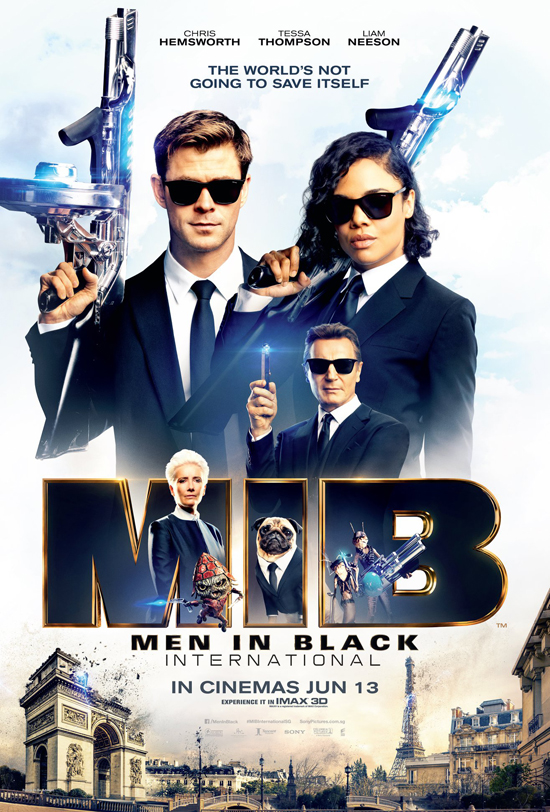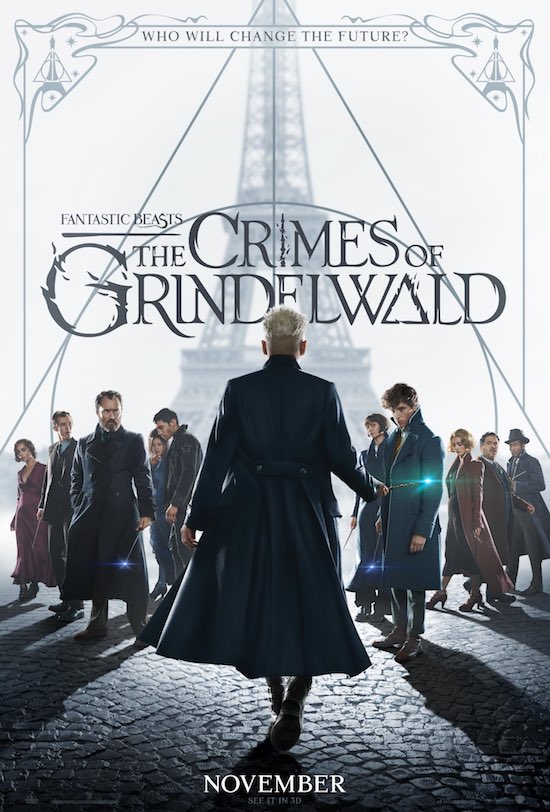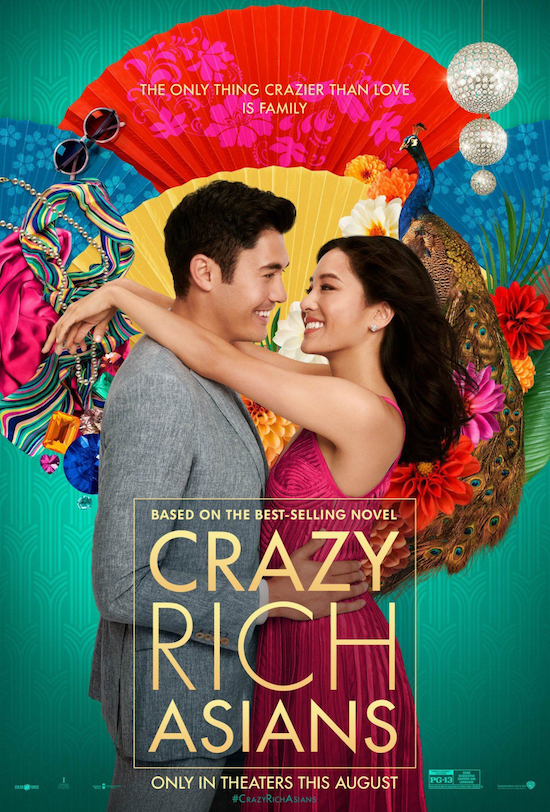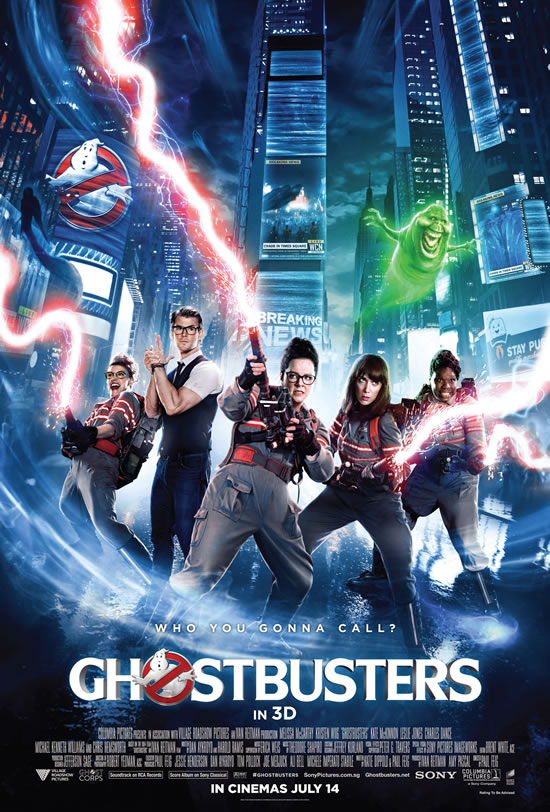Genre: Sci-Fi, Action
Director: Patty Jenkins
Screenplay: Patty Jenkins, Geoff Johns, Dave Callaham
Cast: Gal Gadot, Kristen Wiig, Pedro Pascal, Chris Pine, Robin Wright, Connie Nielsen
Running Length: 151 minutes
Synopsis: Fast forward to the 1980s as Wonder Woman’s next big screen adventure finds her facing two all-new foes: Max Lord and The Cheetah.
Review: The year that Wonder Woman 1984 (WW84) was initially slated to be released in would have made it a solid performer at the box office, but perhaps not quite reaching the heights of other superhero films that would have populated the release slate in the same year, like every year. Then COVID-19 happened, and essentially everything was thrown out the window (including theatrical release windows). Surprising as it may seem, WW84 is now poised to be the top dog of 2020 at the box office, and while the film’s release strategy is somewhat controversial, it’s undeniable that cinema audiences have been clamoring for a “real” blockbuster for what seems like forever, and WW84 scratches that itch. Sure, it’s a flawed movie that doesn’t quite live up to its predecessor, but in a year where the only other competing “superhero” is Harley Quinn, cinema audiences don’t exactly have the luxury of choice.
WW84 begins promisingly enough, with a beautifully choreographed and shot “Amazon Olympics” on Themyscira (reminiscent somewhat of the Quidditch matches in the Harry Potter films) where we observe the adolescent Diana Prince participate in. This sequence is magnificent on the big screen, and truly makes the case for why the cinematic experience should coexist with, and not be replaced by, streaming on smaller screens. The film then segues into the 80s, which starts off with a rather cute homage to the decade, cramming virtually every imaginable sight gag into ten minutes, then the film seems to move on, virtually never making any reference to the era thereafter. This plot whiplash occurs on several occasions throughout this rather (needlessly) long film, and if one wants to be critical, WW84 would really have done better with more judicious edits along the way.
It doesn’t help that for a film that no longer needs to spend too much time on the titular character’s backstory (amply covered in the preceding 2017 film, after all), WW84 seems to want to give even more weight to the Woman part of the equation, rather than the Wonder part. After a brief appearance at the start, Wonder Woman disappears into the fold for almost an hour while Diana Prince takes over. It’s not that the proceedings aren’t interesting – in fact, Gal Gadot probably does a better job in scenes where she’s not in her Wonder Woman getup – but this is a superhero action movie after all and audiences have somewhat different expectations. Perhaps it’s unavoidable, given that this is a female director handling one of the few notable female superheroes in both the DC and Marvel cinematic universes, but the weight of all this representation makes the film feel far heavier than it should, since the first Wonder Woman film stood out in the DCEU particularly because of the stark tonal contrast from the rest of the cinematic universe at the time.
It also doesn’t help that when there is already a perfectly adequate villain in the form of Kristen Wiig’s excellent turn as Barbara Minerva/Cheetah, that the decision was made to also have a second villain in the overly on-the-nose Donald Trump caricature of Max Lord (Pedro Pascal in a thankless role). This turns out to be the most problematic aspect of WW84, since the film has to contort itself into a logic-defying knot trying to escape the corner Max Lord’s machinations paints the plot into. It’s virtually impossible to discuss this further without going into spoiler territory, but suffice to say the entire last reel of WW84 just did not work for me, even more so than the denouement of the first film. It’s truly puzzling that a film so focused on empowering women seems fearful of empowering one of the women as the main villain, rather than a lame-duck oil tycoon with megalomaniacal inclinations.
Despite the lack of competition, WW84 occupies the unenviable position of being neither a great nor terrible movie. It still largely checks off the boxes that a superhero movie is expected to accomplish, but it’s simply not as assured as it should be. A thousand little niggles (and a few big ones) – occasionally dodgy CGI, poorly developed characters, a too readily bombastic score, and more – tarnishes the sheen of this Amazonian demi-goddess’s armor, and while WW84 could probably be the most critic-proof movie of the year, it will not stand the test of time and repeat viewings.
Rating: * * ½ (out of four stars)
P.S. Stay for the mid-credits sequence for a cheesy but fun cameo appearance.









